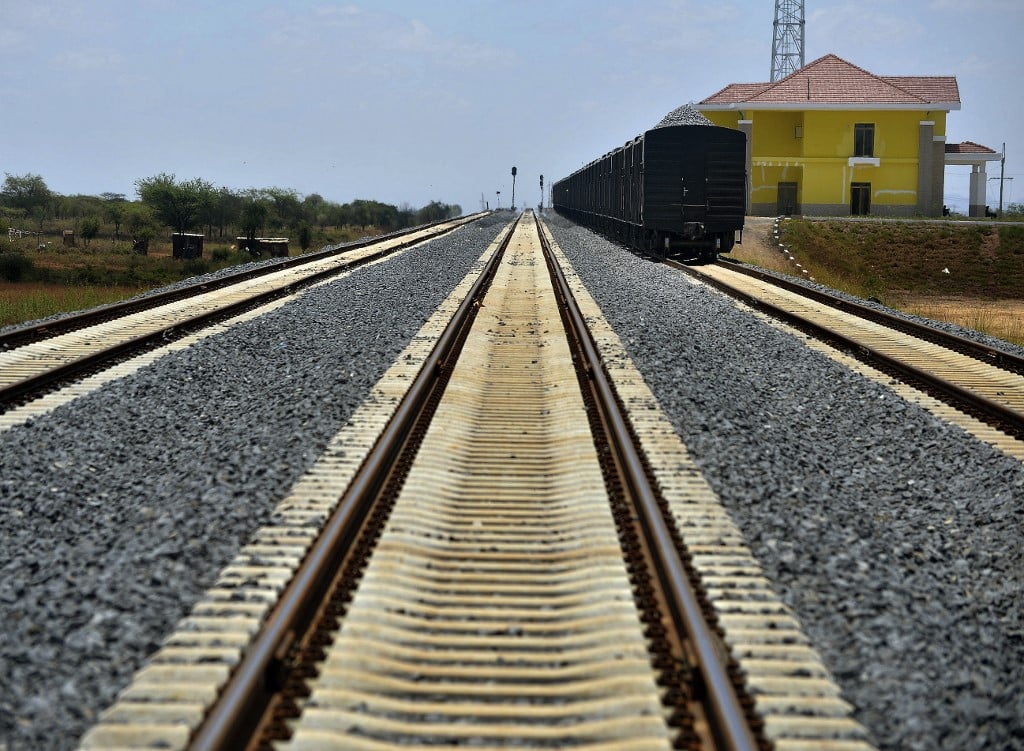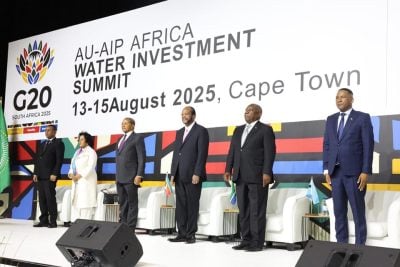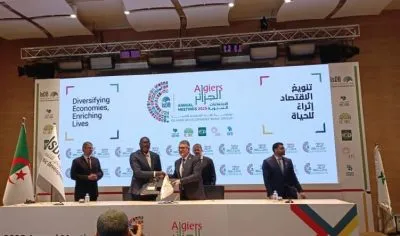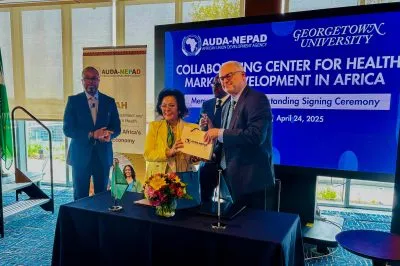This article was produced with the support of Africa Finance Corporation
Plans to link Zambia’s copper producing areas to Lobito on Angola’s coast via the Benguela Railway have been given a major boost with the signing of a deal to finance a new rail spur from the existing line to the central African country’s copper-mining hub. A memorandum of understanding (MoU) was signed in October 2023 to mobilise resources for the $1.6bn project to construct a rail line from the Jimbe border area with Angola into Zambia and build more than 200km of main feeder roads within the rail corridor.
The expansion is an initiative of the Biden administration’s Partnership for Global Infrastructure and Investment (PGII) and the European Union’s Global Gateway initiative. The US State Department’s PGII special coordinator, Helaina Matza, stated at the MoU signing: “This represents the most significant transport infrastructure that the US has helped develop on the African continent in a generation. It will enhance regional trade and growth as well as advance the shared vision of connected open-access rail from the Atlantic Ocean to the Indian Ocean.”
Partners in the project are Africa Finance Corporation (AFC), the African Development Bank, the US, the European Commission and the host governments of Zambia, Angola and the Democratic Republic of Congo (DRC).
The MoU outlines the partners’ intentions to collaborate across multiple sectors to realise the full economic potential of the corridor, building on the Lobito Corridor Transit Transport Facilitation Agency Agreement signed by the three African governments in January this year. Copper remains Zambia’s principal export and tax earner but exporting it has not been easy. Currently, there are four potential routes to the sea, three of which are on the east coast.
AFC’s Executive Director for Fnancial Services, Sanjeev Gupta, says the rail link will increase capacity for sought-after mineral exports, particularly those minerals needed for renewable energy innovation, destined for the Atlantic seaboard. The Lobito project is linked to AFC’s green energy mandate several ways. Significantly reducing the turnaround time to the US market by radically cutting long trucking and shipping times from the Indian to Atlantic oceans and on to US markets will cut emissions from transporters generally regarded as major polluters.
As a major exporter of raw materials to other regions, Africa can help to reverse global warming by offsetting wasteful journeys across oceans. Addressing this requires building infrastructure to move goods more quickly and cheaper to ports around the continent. This also requires localisation and local value addition, to avoid raw materials moving halfway across the world to be transformed and exported back to Africa.
AFC will work with the parties to the deal to launch the feasibility and preparatory studies necessary to further prepare this extensive project. It will include local companies in the value chain where possible.
Samaila Zubairu, President and CEO of AFC, says AFC will leverage its expertise in de-risking projects and mobilising financing at scale to ensure the successful implementation of the initiative.
Gupta says that securing borrowing from the bank and capital markets requires the institution to meet the expectations of commercial lenders and bond holders. This requires adhering to accepted policy direction and regulatory compliance and meeting the environmental, social, and corporate governance (ESG) standards.
He says the fact AFC has 42 member states provides it with immunities and preferential creditor status which means its access to those markets is risk mitigated, but it still has to ensure that projects are structured in ways that are regime neutral and consistent with development policy and needs on the continent.

 Sign in with Google
Sign in with Google 



